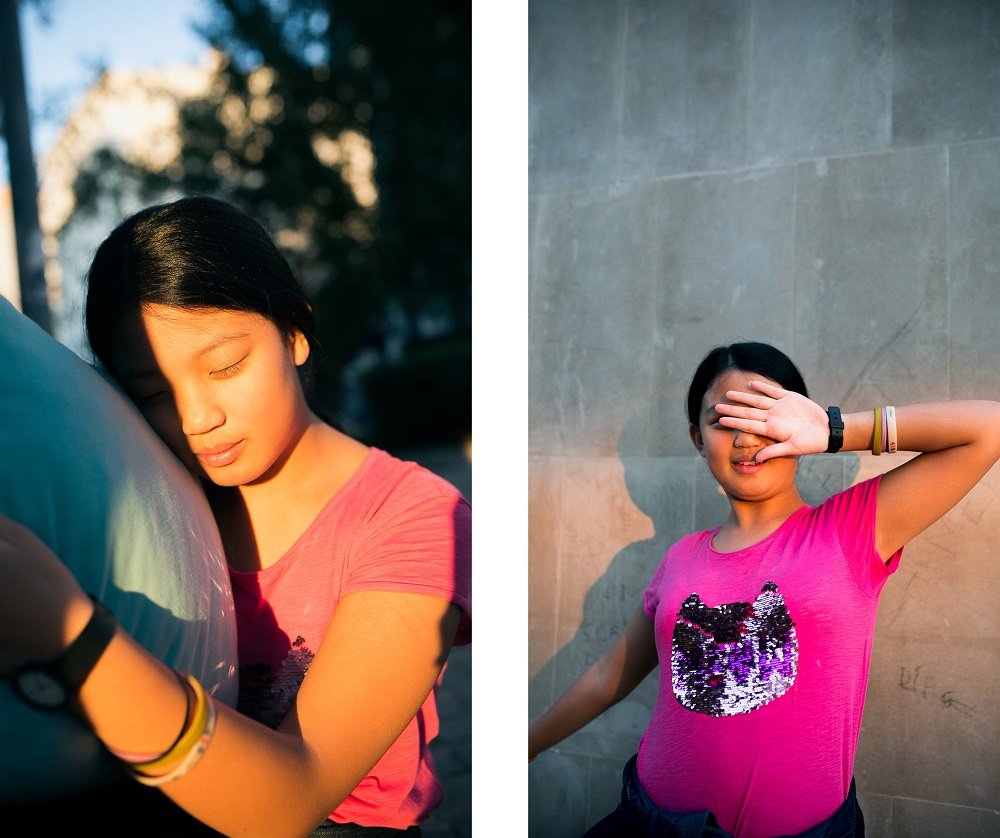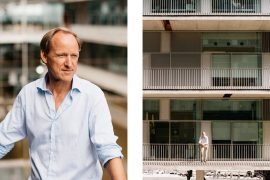Much is being said about diet, exercise and emotion, three of the four pillars of human health, but very little of the fourth leg of the table: sleep. That’s why hearing the conclusions that has reached a scholar like Jerry Spiegel of the University of California (UCLA) can be quite surprising. “People think that if you do not sleep 7 or 8 hours a day you have a problem, but if you have slept 6 and during the day you do not feel sleepy, you should not worry at all” he states emphatically. “Moreover, studies show that the problem would be in people who sleep more than 9 hours, since, statistically, they develop more problems (cardiac, respiratory…) and live less. We still do not know why this happens, nor if making them sleep less would improve their health”, he acknowledges. What is undoubtful -Siegel says- is that no one should take sleeping pills. “Even if they make sleep you right away, they only increase the sleeping time between 15 and 20 minutes, and it has been shown that taking them daily shortens lives. There are better therapies. ”
Another of his recent discoveries is the importance of temperature during sleep. In his studies with preindustrial societies (which had less than 2% of insomnia), he found that they always slept during the colder periods of the night, so he recommends “lowering the temperature of the room to sleep“. Although, in this aspect, climate change is against us. According to Javier Puertas, coordinator of the Sleep Disorders and Prevention area of the European Sleep Care Institute, “since the end of the 19th century, the temperature has risen between 0.72 and 1.05°C, and it is expected to rise between 1.11 and 2.22°C more. For this reason, most health institutions are already working on a double plan: to conduct policies to try to reduce climate change and face this new public health challenge”.
But it’s not just about our health. For the sociologist and doctor of Economic Sciences Salvador Cardús, the imminent change of schedule has a social dimension. “The less favoured groups have the worst schedules. Think of the immigrants’ job, the double working hours of many women or the differences between northern and southern countries. Time is the measure of our freedom. Therefore, any change in schedules needs political intervention and a plan to overcome the social resistance of the popular statements ‘it has always been like this’, ‘it is for our climate’ or ‘it is part of the national character’. The ultimate goal of recovering the Central European schedule is not only to start with more sun, advance two hours of daily routines and gain the hour and a half of sleep that we sleep less, in our country, but to make the transformation stable and real”.
In this transformation, technology, that steals so many hours of sleep, will also be our ally. Researchers such as Dr. Carlos Egea of Araba University Hospital believes in creating large databases through wearables such as Fitbit bracelets that, thanks to luminosity sensors, movement, etc., record sleep phases and other constants, they transmit the data to a mobile app and they tell us if we should increase our sleep time or not. The future comes with new schedules, new habits and new ways of dreaming.
Text: Ana Portolés
Photograph: Anna Pla-Narbonne
You can read more stories like this on ALMA, the social social media, a digital space devoted to the social field, which brings a new look at the present and the future of society, from an optimistic and diverse point of view, and from all the initiatives that “la Caixa” Foundation promote.






















